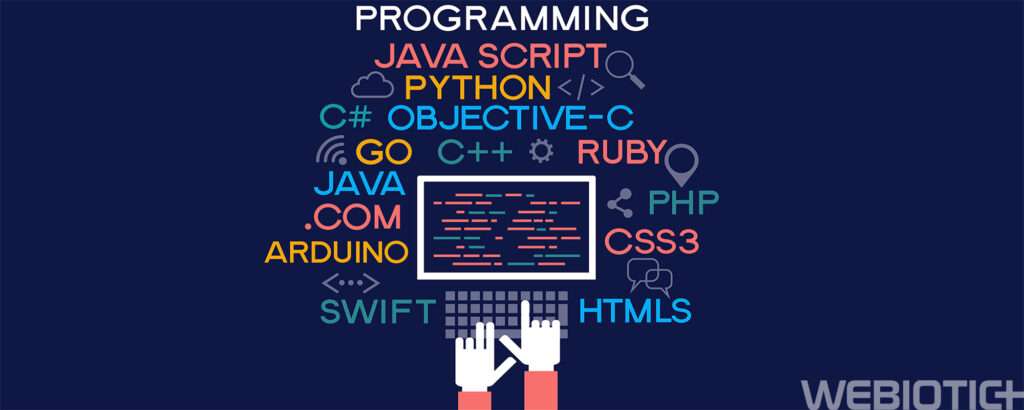
The mobile app market is constantly growing, with revenue from the industry continuing to skyrocket, year after year.
In fact, mobile apps are projected to generate over 935 billion in revenue by 2023.
In short, if you’re looking to tap into the mobile app market by building your own app, it’s always the right time to get started.
But what programming language should you use?
Can you use any language for Android and iOS app development, or is there a “best” language?
In this article, we’ll review which language is best to get started in creating your own mobile app and how you can make the right choice for your project.
Before we dive into the best programming languages to learn for mobile app development, you should first have a basic understanding of native mobile app development, hybrid mobile app development, and progressive web applications (PWA).
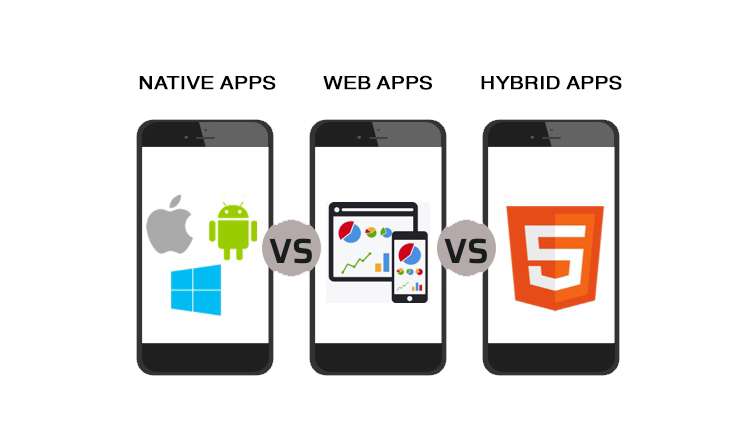
Knowing which type of mobile app you’re going to be developing is key in finding the right programming language.
1.1 Native App
When you create an app that uses a technology dedicated to one specific platform, like iOS or Android—that’s called a native app.
Each operating system has its own language used for coding a native app.
If you’re building an iOS native app, for example, you might want to use Objective C or Swift as the programming language.
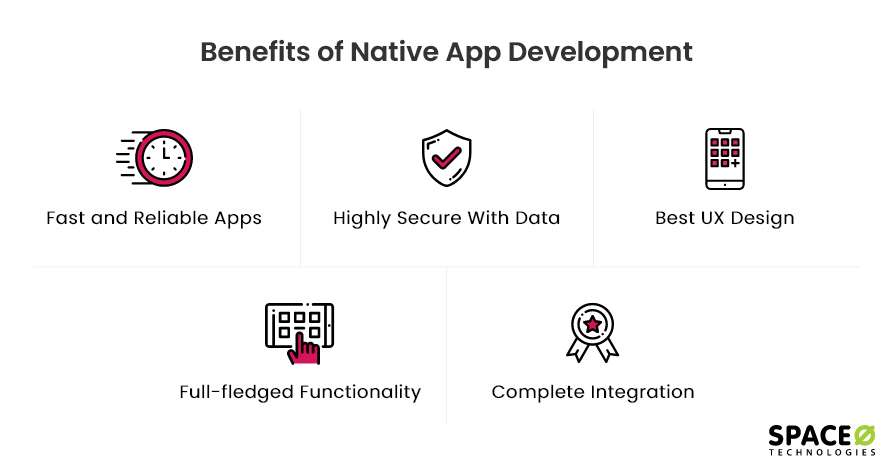
For Android native app development, you would need to use Java or Kotlin.
Pros of Native App Development
- Can take full advantage of the device’s hardware and software features
- Better performance and user experience
- Easier access to device-specific features (e.g. camera, GPS, etc.)
- Better security
- Better support for offline functionality
Cons of Native App Development
- Requires separate development for each platform (e.g. iOS, Android, etc.)
- Can be more expensive to develop
- Requires separate deployment for each platform
- May require more maintenance and updates
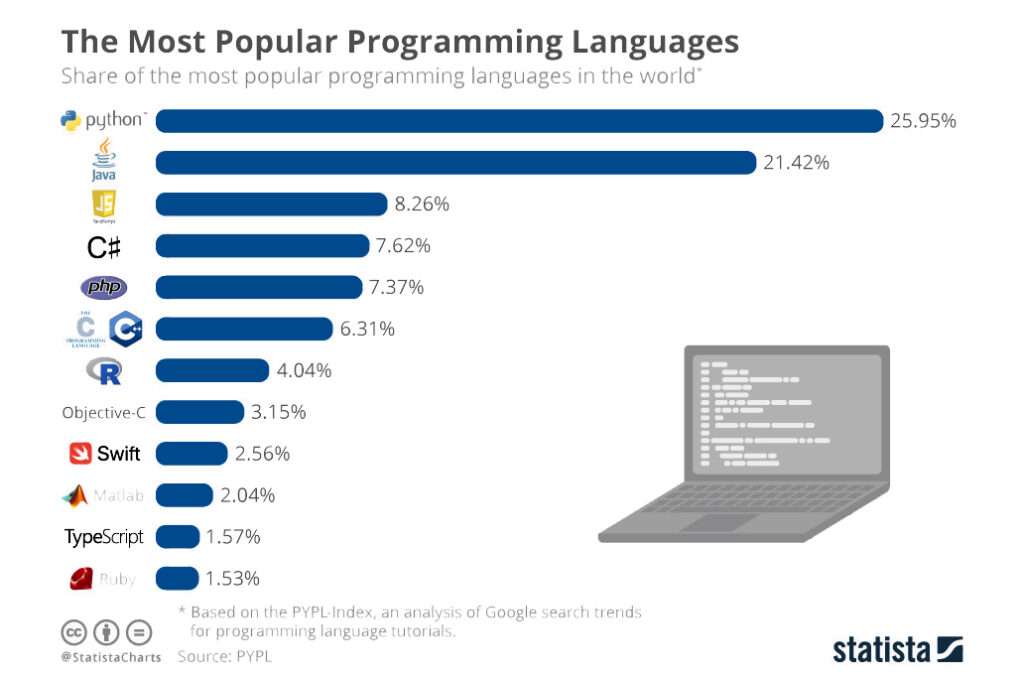
Everything has its pros and cons, and native app development is no different.
So who is this method of development best suited for?
Native app development is a good choice if you’re creating an app for one specific platform. It’s also a good choice if you want the best user experience by removing unnecessary features.
If you plan on creating a gaming app or an app that has heavy animations, native apps are the way to go since they can handle it due to faster performance.
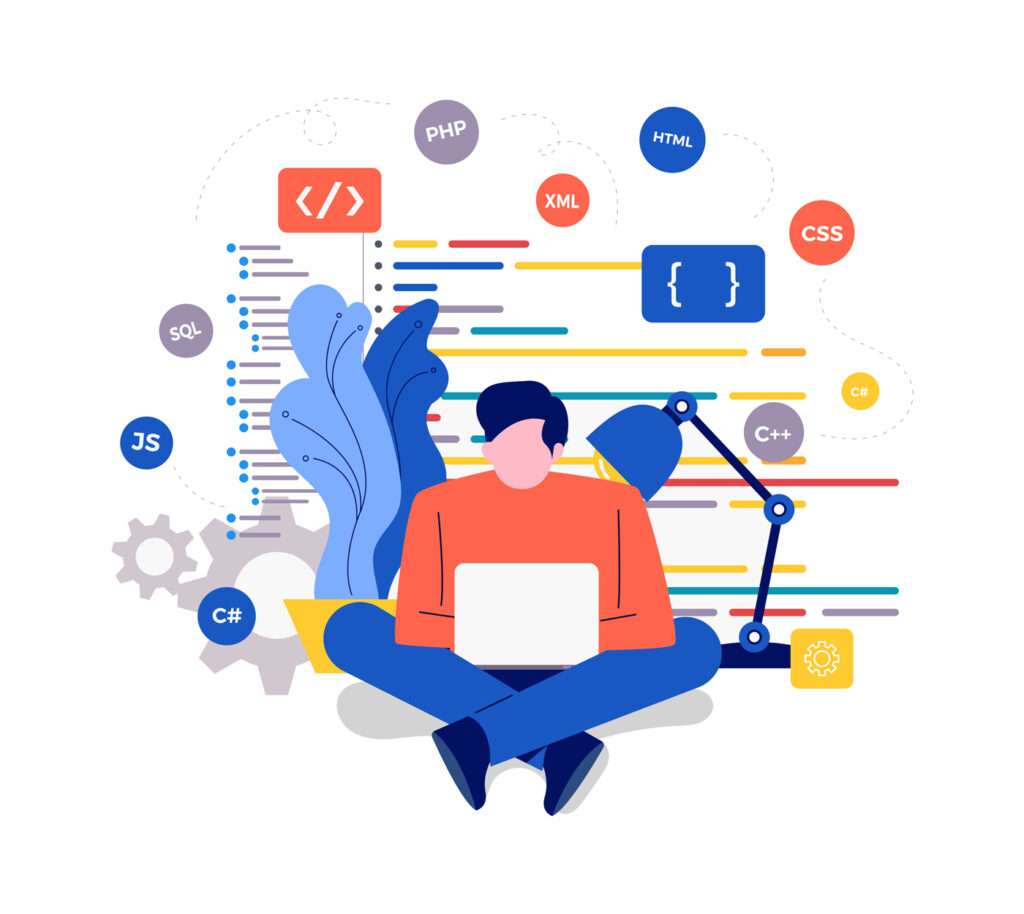
1.2 Hybrid App
A hybrid app is a mix of native and web apps. It lets developers code in just one language which can be run on multiple operating systems.
You can use more well-known languages and frameworks when building a hybrid application, like JavaScript, HTML, and CSS.
When building this type of app, you would create your backend codebase which would then be covered in a native shell, allowing you to offer the app for both Android and iOS.
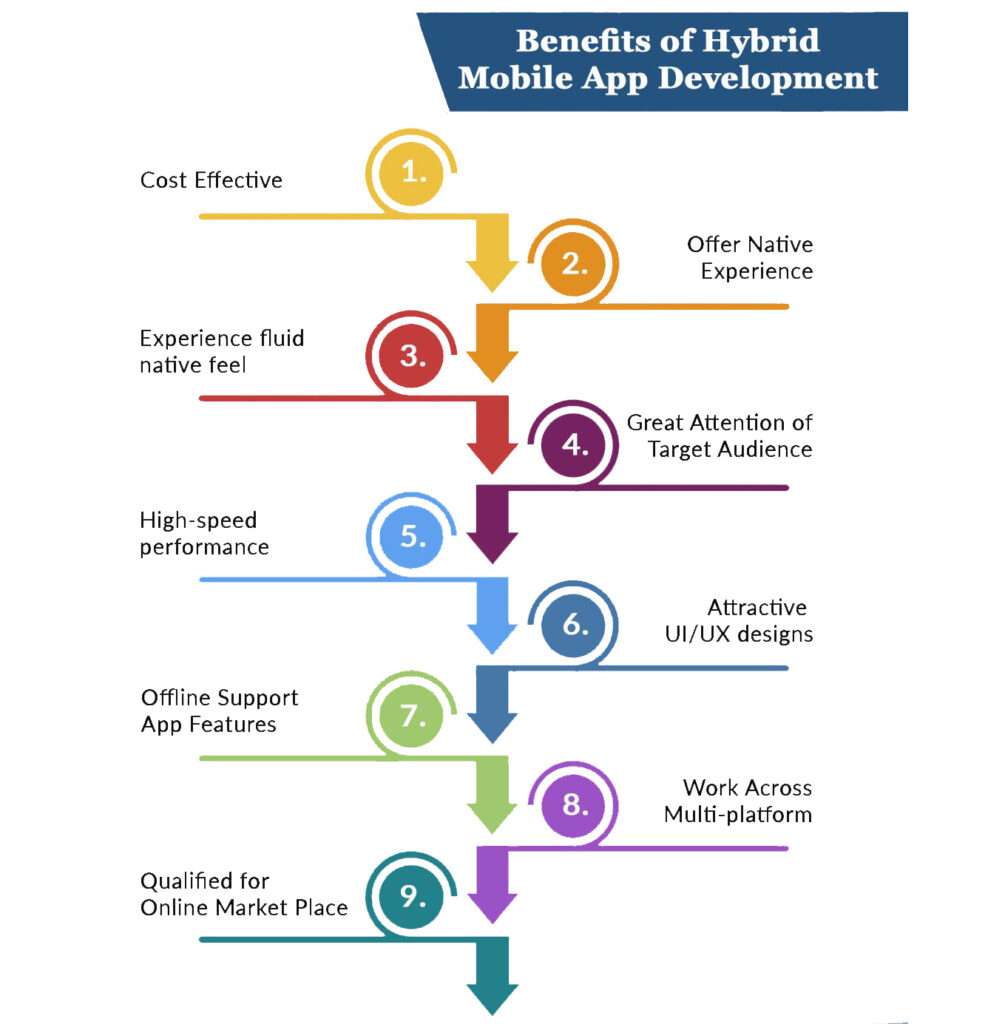
Photo Credit: visual.ly
Pros of Hybrid App Development
- Can be developed using web technologies (HTML, CSS, JavaScript)
- Can be deployed to multiple platforms with a single codebase
- Can access device features through APIs
- May be faster and cheaper to develop than native apps
Number of Active Developers Globally
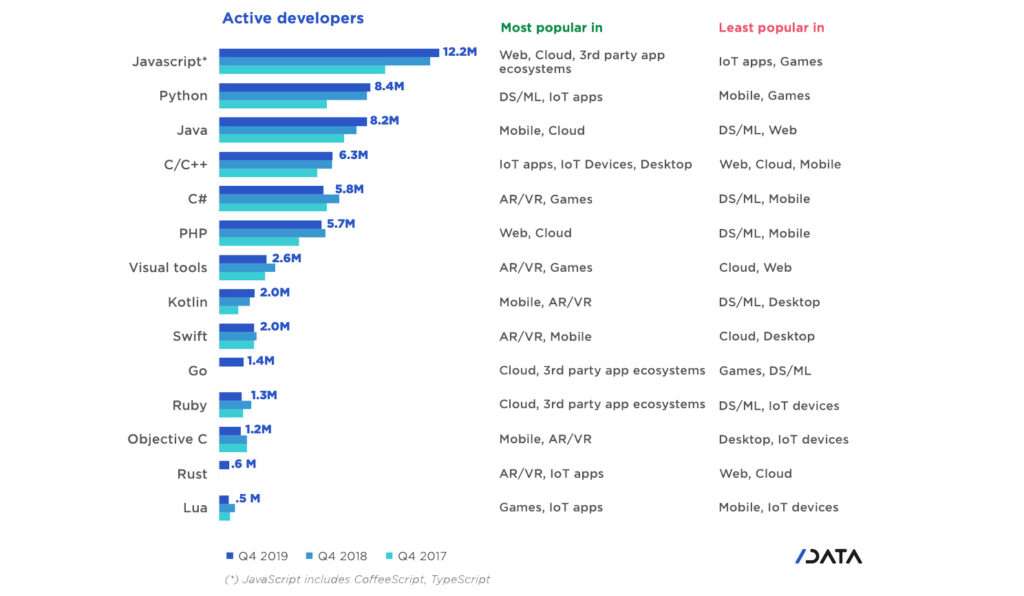
Cons of Hybrid App Development
- May not have the same performance as native apps
- May have limited access to certain device features
- May not have the same user experience as native apps
- May require additional tools or frameworks
- May require more maintenance and updates
It’s important to carefully consider the trade-offs between hybrid and native app development, based on the specific needs and goals of your project.
Hybrid app development can be a good choice if you need to support multiple platforms and want to save time and resources, but it may not be the best option if performance and user experience are your top priorities.
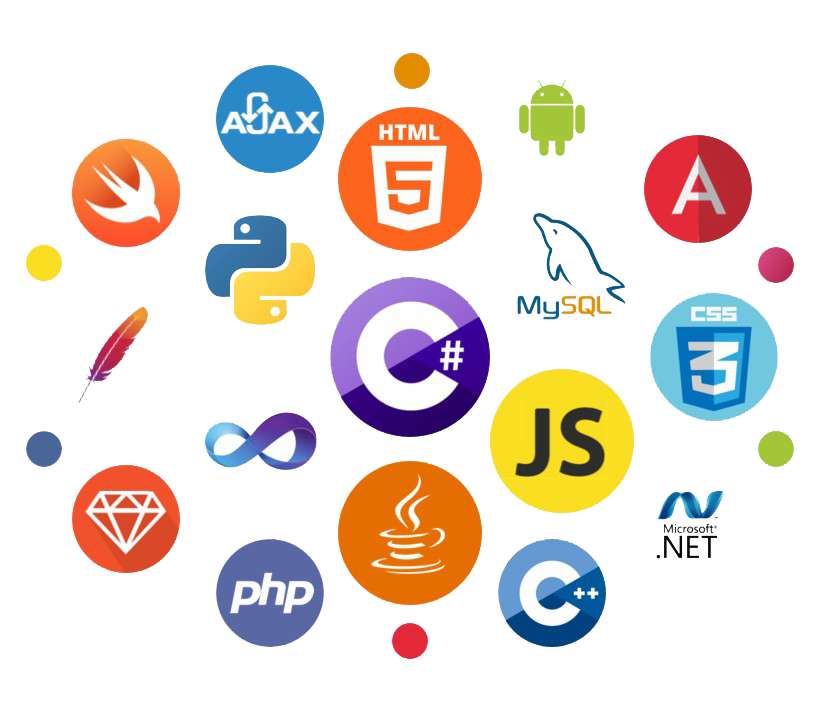
1.3 PWA
Progressive web apps run in a web browser but still give users the look and feel of a native application.
So this means you can install the app on your mobile device—it works offline and can even
—and you can still use hardware features like your GPS and camera.
Each platform is optimized and there are no limitations to what programming languages you can use.
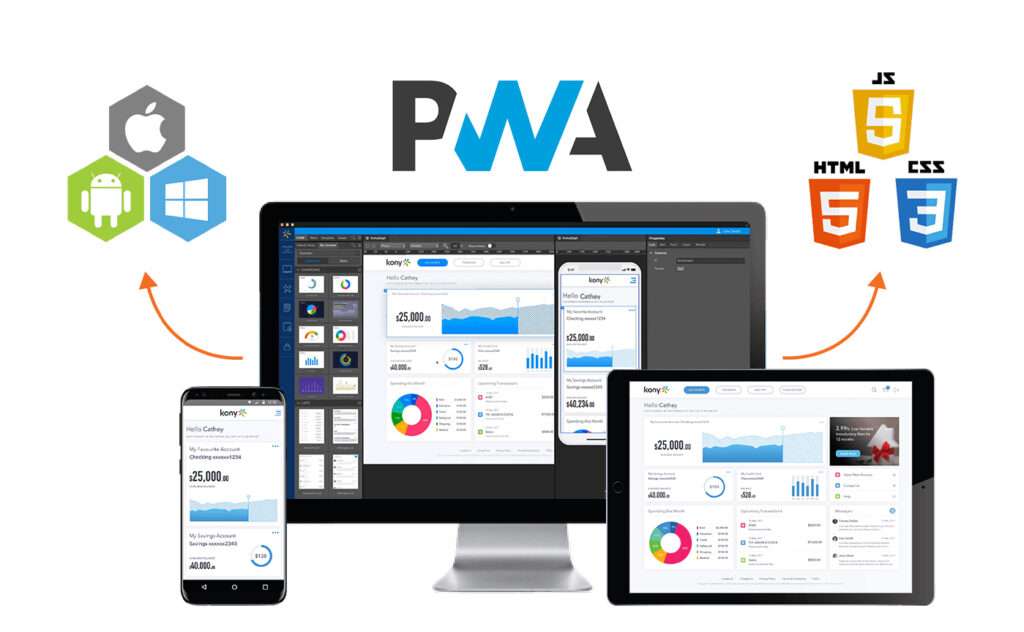
Pros of PWA App Development
- Can be developed using web technologies
- Can be accessed through a web browser or installed on a device
- Can work offline or on low-quality networks
- May be faster and cheaper to develop than native apps
- Can be easily updated and maintained
Cons of PWA App Development
- May not have the same level of performance as native apps
- May not have the same access to device features as native apps
- May not have the same user experience as native apps
- May not be supported by all devices or browsers
- Not available in app stores
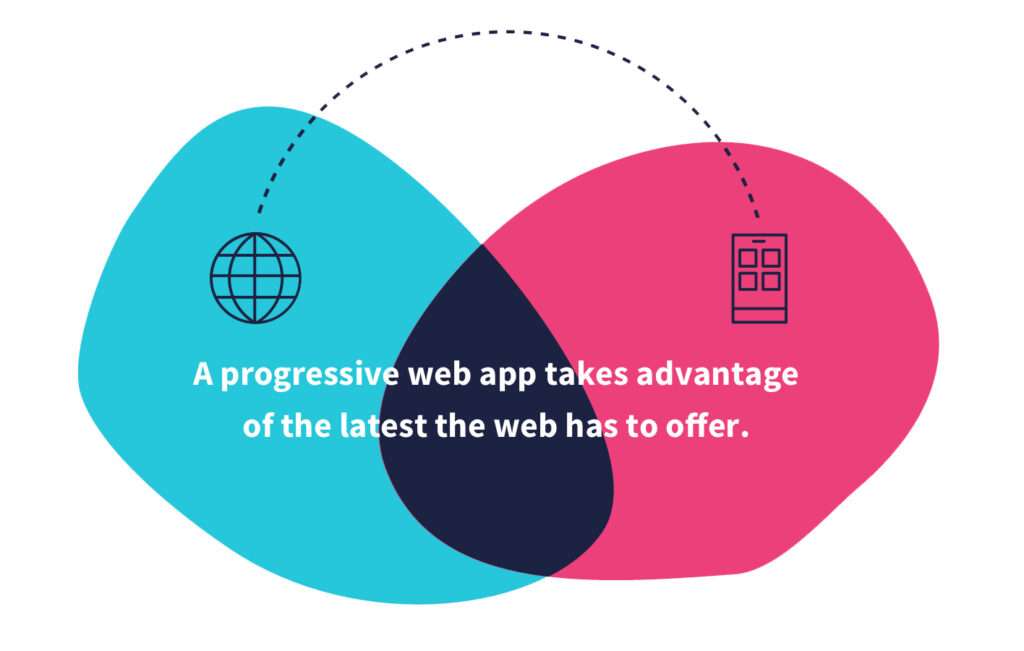
Photo Credit: codeburtst.io
If you want a low-cost and yet robust e-commerce app, PWA can be a good choice. Since it’s accessible on multiple devices and platforms, it’ll also result in higher traffic.
PRO TIP:
Before jumping on what you think is the most popular mobile app programming language, take time to first think about which of these types of apps you plan on building.
When it comes to mobile app development, there isn’t really one single “best” programming language, and as mentioned in the previous section, it really depends on what kind of app you’re making.
Let’s take a look at some of the most popular languages for app development so you can make the best choice.
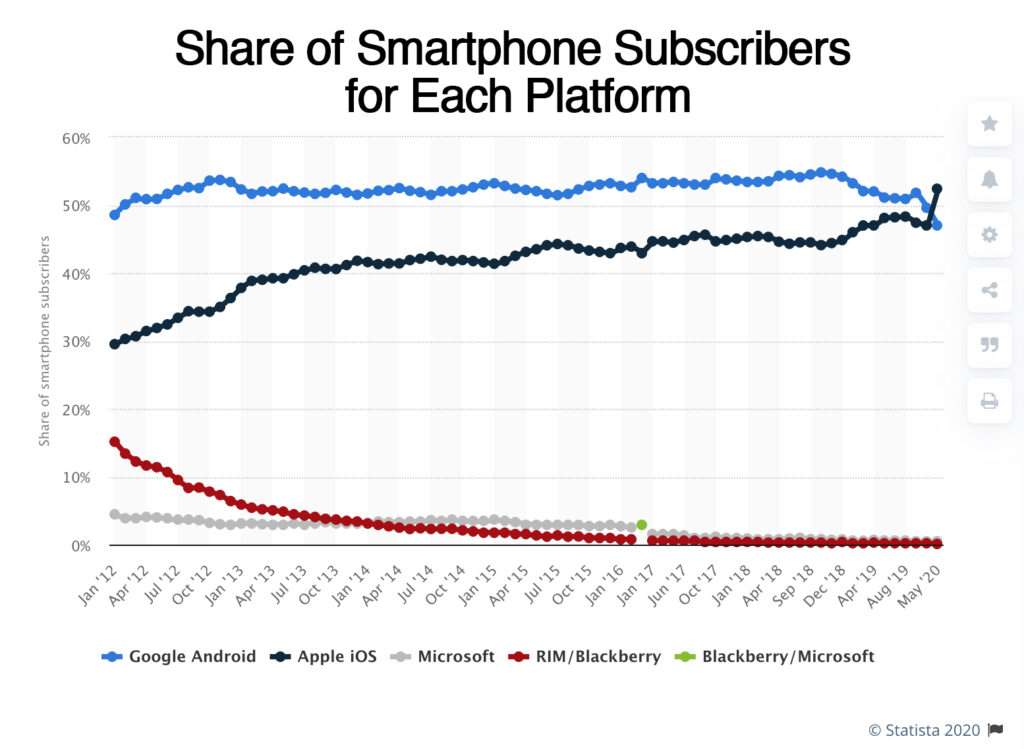
2.1 Java
Java is a high-level, object-oriented programming language that’s widely used for developing a variety of applications.
It’s known for its “Write once, run anywhere” philosophy, meaning that Java code can be compiled and run on any device that has a Java Virtual Machine (JVM).
Java is used to build standalone applications as well as Android apps and web applications, and is a popular choice due to its scalability, security, and reliability.
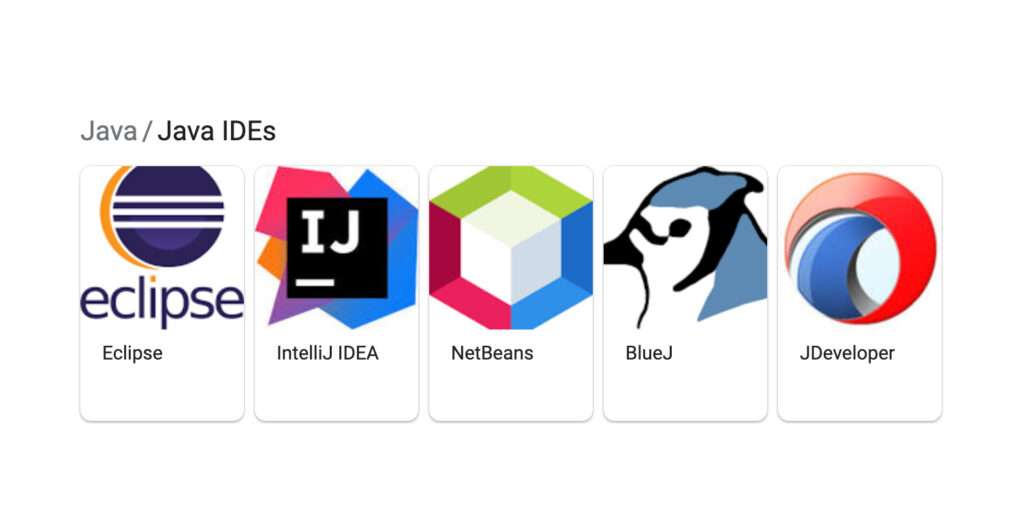
While it’s possible to develop iOS apps using Java, this language is most often used for Android app development since it’s a widely used and well-established language among developers.
It’s also flexible and Android already has a number of development tools for it.
2.2 JavaScript
JavaScript has been a long-time programming language favorite among developers, and many will argue that it’s the best programming language, period.
It’s become even more popular with the rise of frameworks like Vue and React.js that help build front-end UI components.
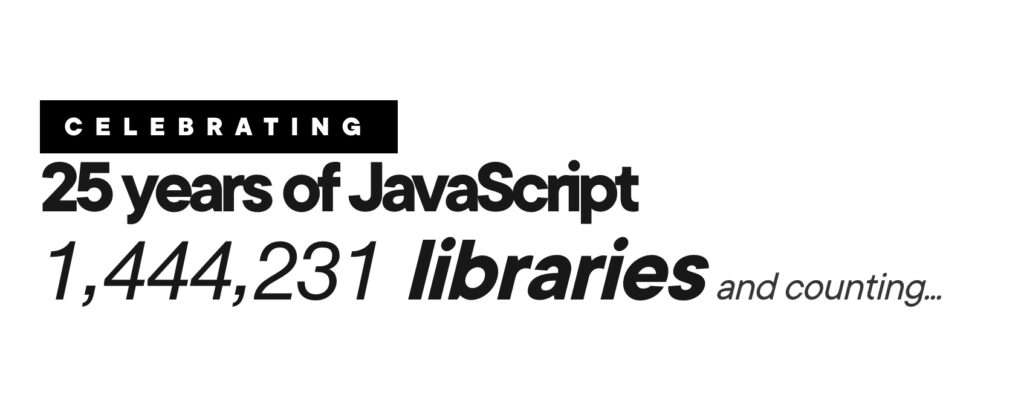
JavaScript is also a server-side language and it’s often a developer’s top choice language for a variety of reasons.
Not only is it a great programming language for developers of all skill levels, but it can be run everywhere—on every device and on both the client-side and server-side.
Not only is it a great programming language for developers of all skill levels, but it can be run everywhere—on every device and on both the client-side and server-side.
Since it’s been around for 25 years, JavaScript has a huge community behind it. You’ll find that it has a vast number of plugins and frameworks, making development much easier and streamlined.
React Native is a widely used JavaScript framework that allows for cross-platform mobile app development for iOS and Android.
PRO TIP:
Just because a language has been around for a long time doesn’t necessarily mean you should use it. JavaScript is still popular and beloved after all these years, with new standards being released all the time.
Make sure the language you choose isn’t outdated and on its way to expire.
2.3 Swift
Swift by Apple is a popular programming language and has surpassed Objective C as the preferred language for iOS app development.
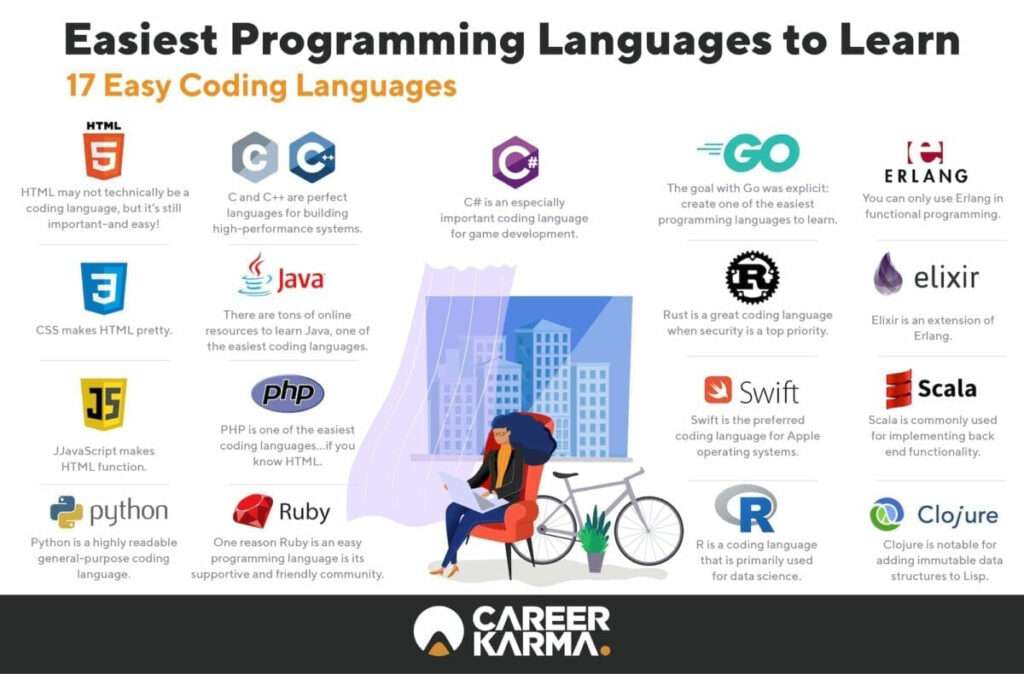
It’s a developer’s favorite for creating iPhone and iPad apps for a wide variety of reasons.
It’s a very readable, type-safe language that’s also not difficult to code in, unlike other languages, like Objective C.
Swift is also highly interactive, meaning it can work in an interactive environment and you can see the output while you’re coding. This also makes it easy to catch coding errors at the coding stage.

Another perk is that Swift is completely free and open source.
2.4 Kotlin
Kotlin is a newer programming language and is a great alternative to Java. It’s also the official language for Android app development created by Google, so it’s certainly worth learning if you want to create Android apps.
It has native support and it’s supported by IDEs like Android Studio and IntelliJ IDEA.
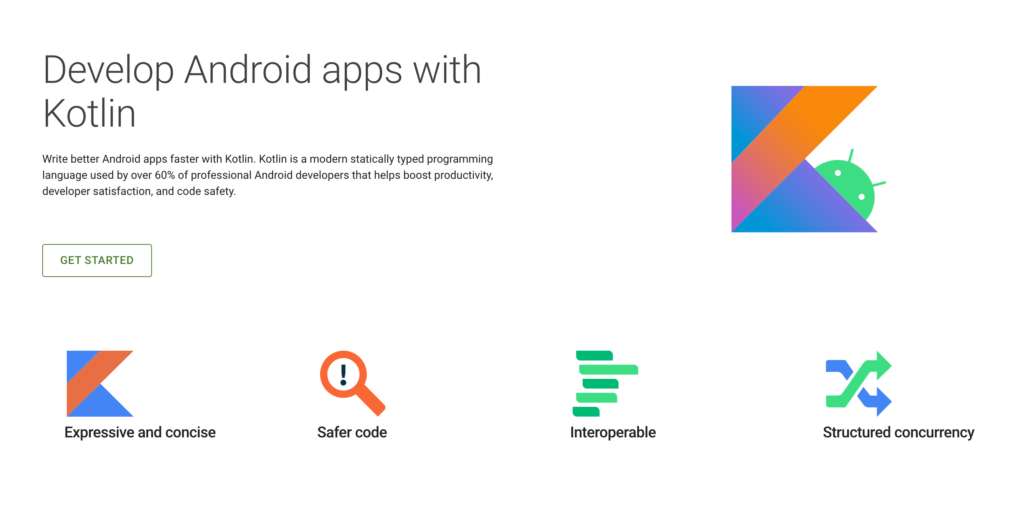
While some will argue that Kotlin is the next Java, keep in mind that it’s a newer language that isn’t quite there yet, but it’s still worth learning since it’s being promoted heavily by Google for Android app development.
With so many new languages and frameworks out there, it can be hard to make the right decision when it comes to developing an app.
Remember to keep the three Ps in mind before deciding.
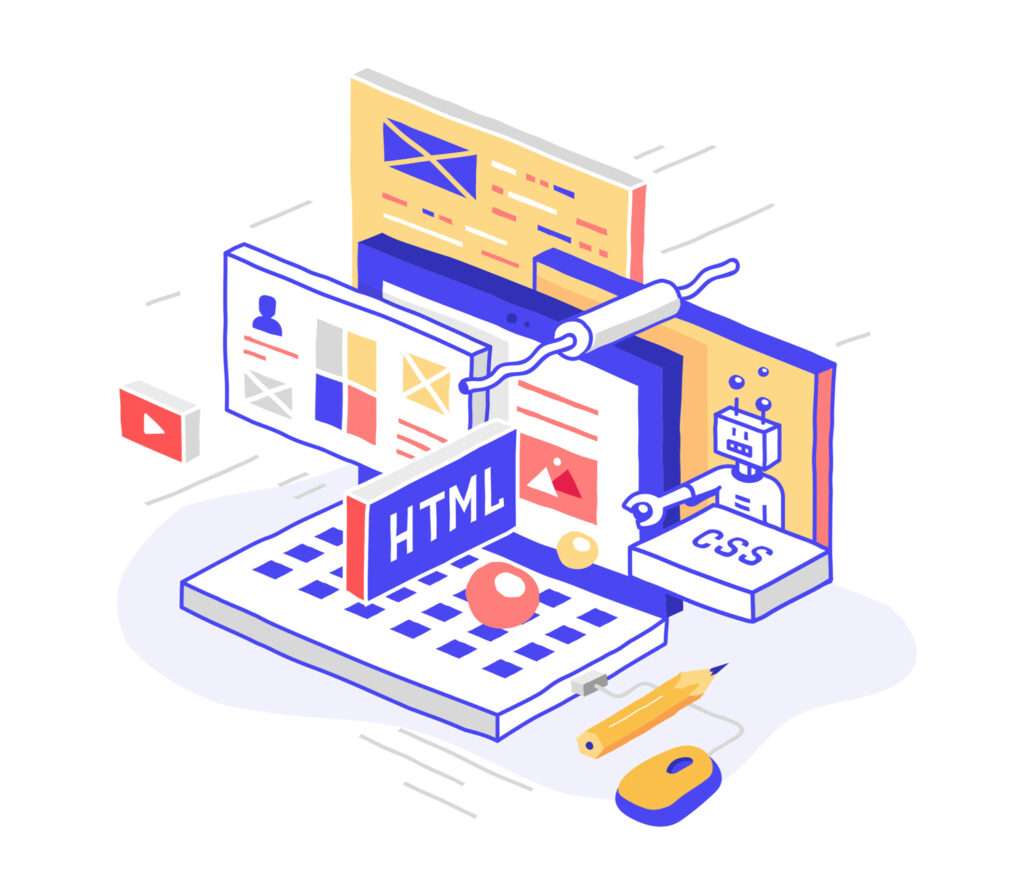
3.1 Practical, Popular, and Prosperous
The programming language should be practical. It should give you ample control over your project without needing too many external resources.
It should be popular. Choosing a language that’s popular is important because popularity means you’ll have a large community behind it, a wealth of tools, frameworks, and resources to use.
Picking a programming language that’s popular is also a good idea because it means you’ll be able to find developers skilled in that language much more easily and for a more affordable price.
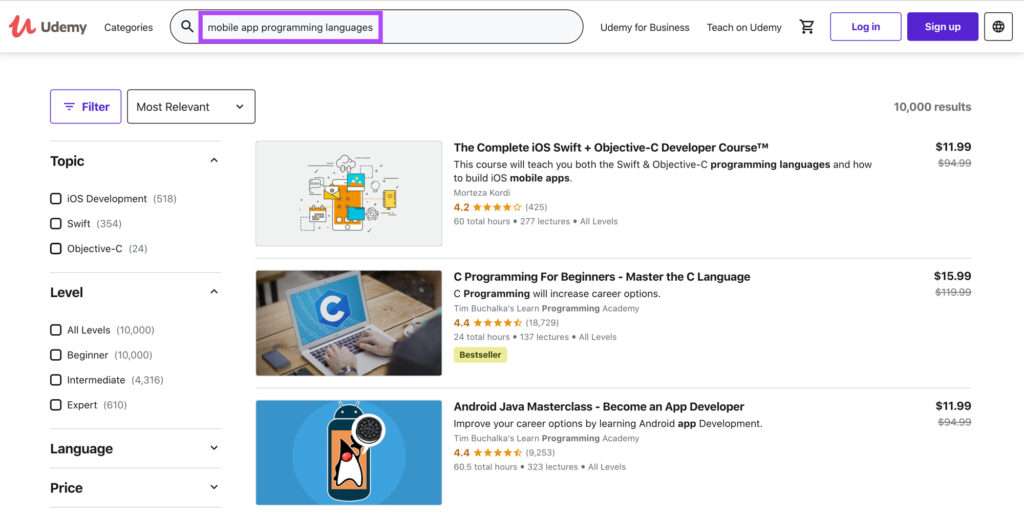
Selecting a programming language that’s more niche and not as widely used will likely result in you paying more for a developer that knows that language.
Objective C, for example is an old and outdated language for iOS. It’s also fairly hard to learn and use, and it’s only a matter of time before it goes completely extinct.
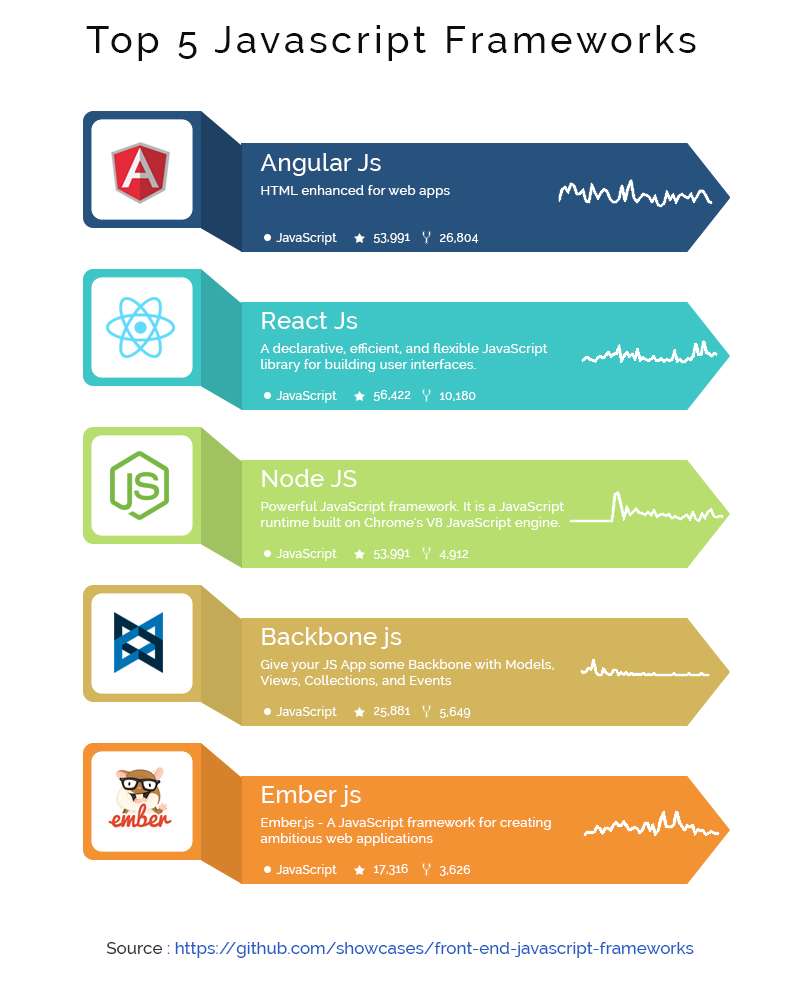
And finally, the language you choose should be prosperous. It shouldn’t just be the language of the hour, but rather one that’s foreseen to be used many years down the road.
3.2 Ask the Right Questions
Since you’re reading up on the best languages for app development, you’re either a new developer looking to learn their first language, or you’re already a developer trying to learn something new.

No matter where you stand, here are some questions that will help you decide if you should move forward with a specific programming language for mobile app development.
- Are you looking for a language to further your career?
- What companies are working with this language?
- What kind of ecosystem does this programming language have?
- Do you enjoy working with this language?
- Does having a large community of support behind a language matter to you?
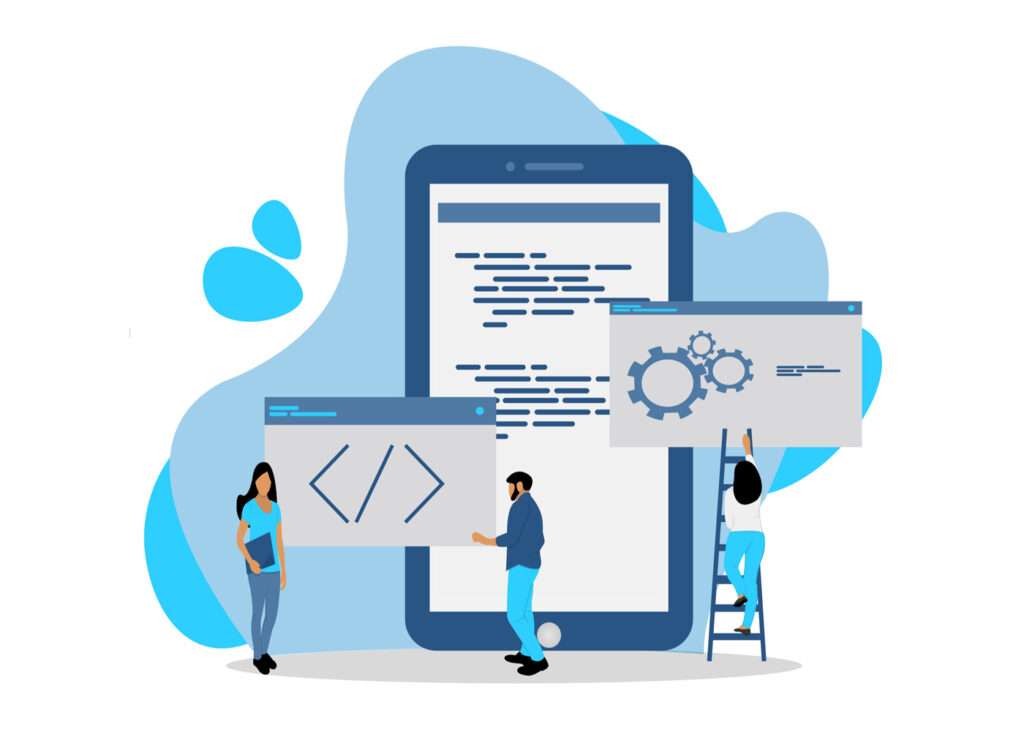
Answering these questions will help get you on the right path in your mobile app development journey.
PRO TIP:
If you’re still unsure which language to use, pick one and start using it. This will help give you a feel for the language to see if you like it and want to continue learning it.
Every programming language has its pros and cons, and not a single one is perfect.
Picking the right one is all about what kind of app you’re trying to build and for what platform.
Knowing these details first will help you narrow down your list so you can make the best choice for your specific app project.
Remove any uncertainty you have and set your project up for success with our Simple Starter package—a cost-effective solution that will turn your app idea into an actionable plan
What’s your go-to programming language?





